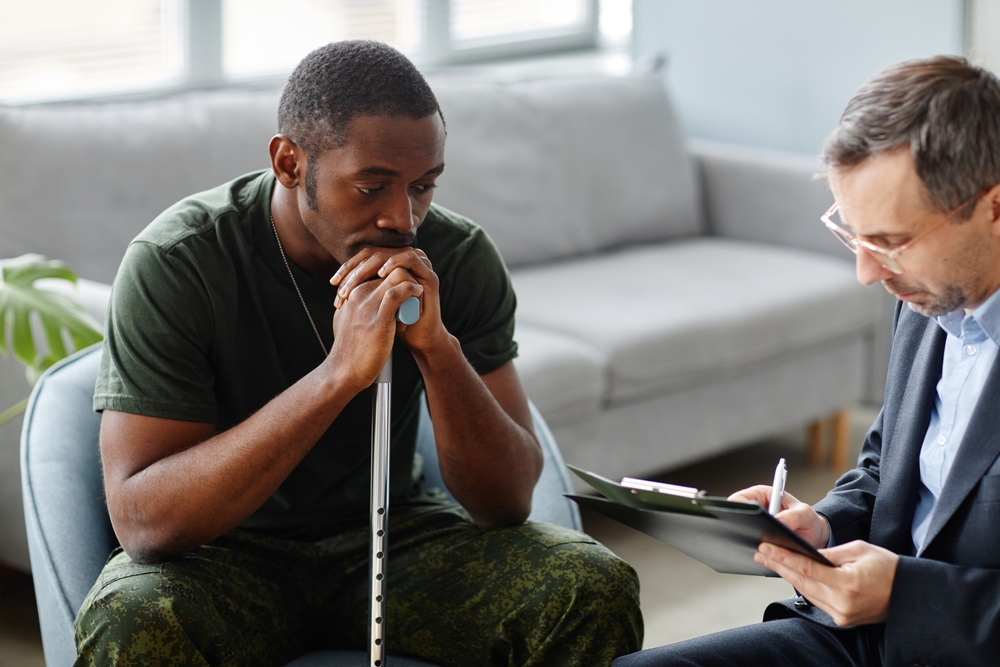Post-Traumatic Stress Disorder (PTSD) is a mental health condition that can occur after an individual has undergone one or more traumatic events. While PTSD is often associated with military combat, it can also result from various forms of trauma, including racial profiling and police brutality, which disproportionately affect the Black community.
How racial profiling harms mental and physical health
Racial profiling by law enforcement is a pervasive issue that can lead to psychological trauma and chronic stress. The fear and anxiety stemming from potential encounters with police can trigger PTSD symptoms, affecting an individual’s mental and physical well-being. The impact of such experiences can be long-lasting, contributing to a heightened state of vigilance and distrust in law enforcement, which can strain community relations and impede personal growth and opportunities.
Black people and anxiety: What you should know
Anxiety disorders, including PTSD, are prevalent within the Black community, yet they often go unaddressed due to stigma, lack of access to mental health services, and cultural barriers. It’s crucial to recognize the signs of anxiety and PTSD, which may include persistent worry, intrusive thoughts, avoidance of certain places or situations, and physical symptoms like increased heart rate and difficulty sleeping. Understanding these conditions is the first step towards seeking help and promoting healing.
Supporting Black men’s health
Addressing mental health issues such as PTSD is essential for the overall well-being of Black men. Support can come in many forms, from community initiatives to professional counseling services. It’s important to create safe spaces where individuals can share their experiences and receive the support they need. By raising awareness and providing resources, we can contribute to the solution and empower Black men to prioritize their mental health.





